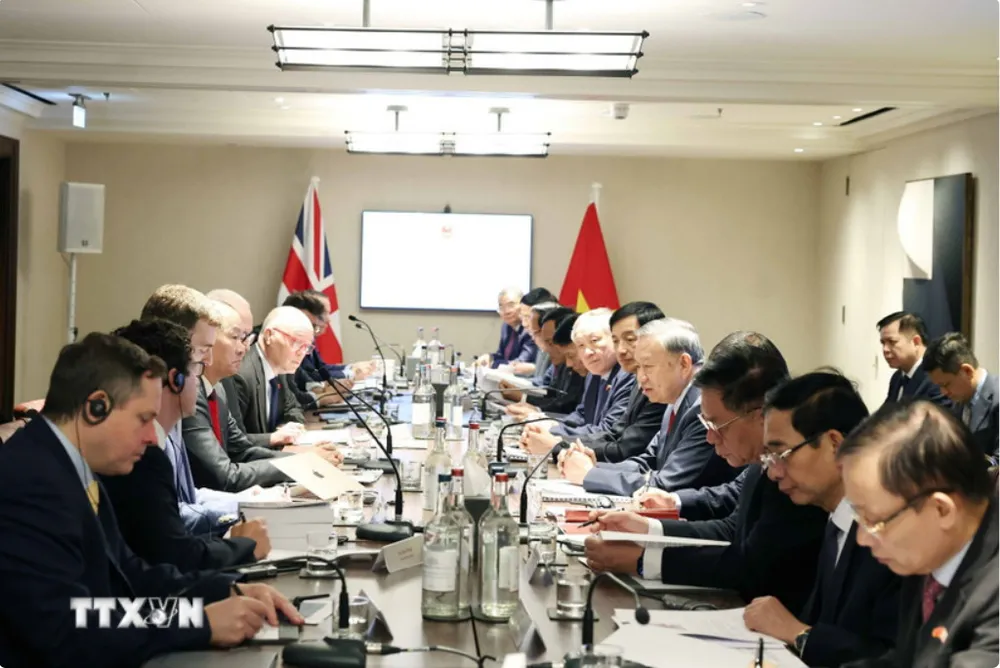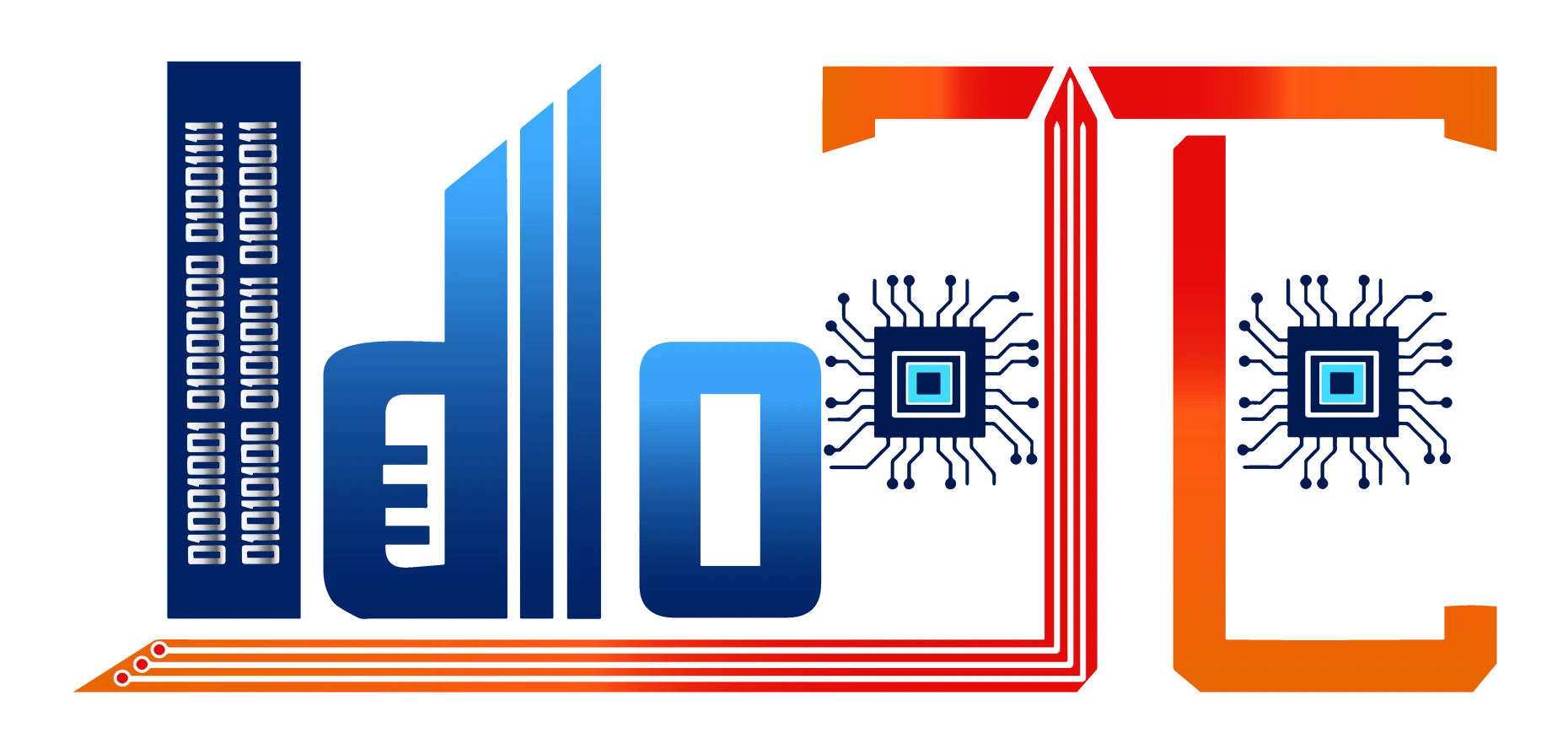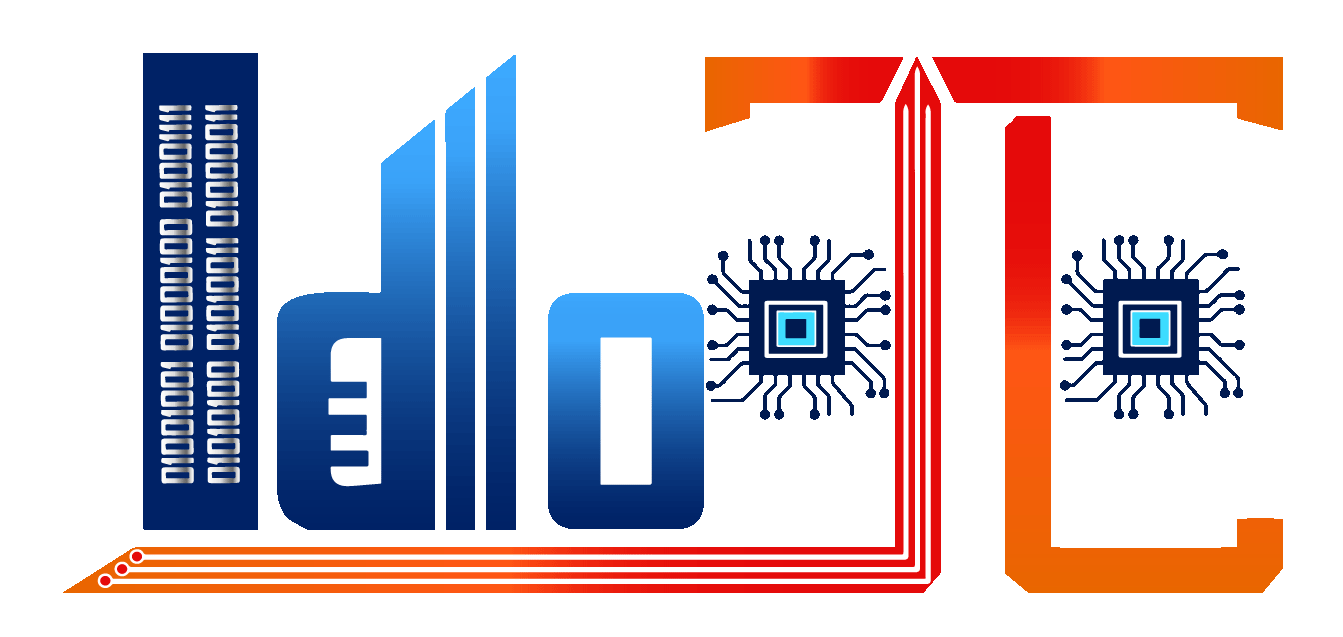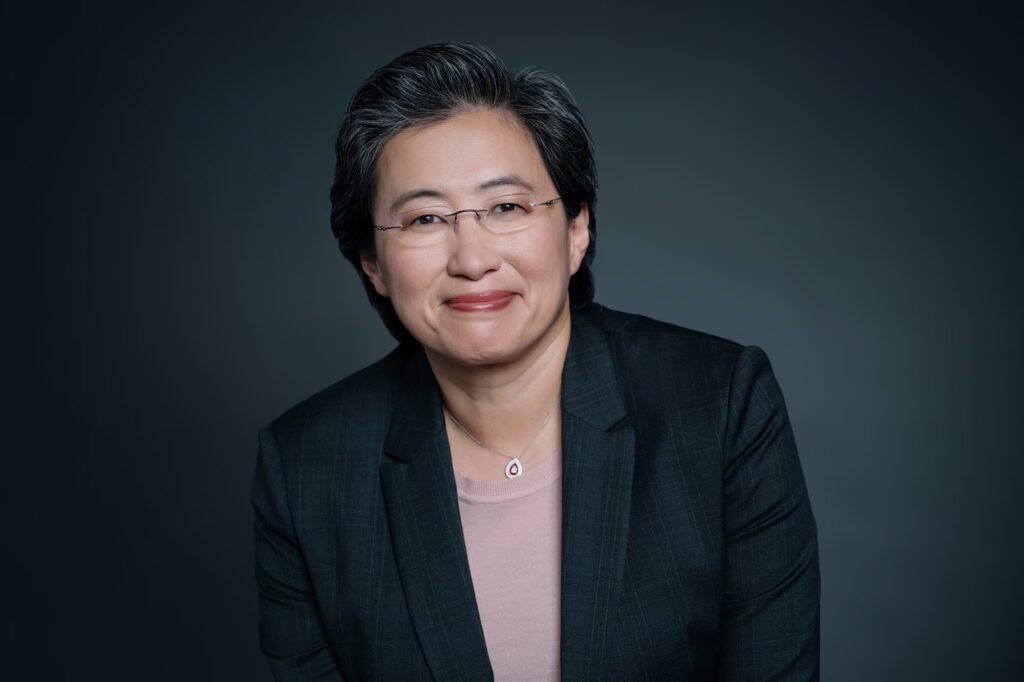Strategic Dialogue on Artificial Intelligence and Semiconductors in the United Kingdom: A New Milestone for Vietnam in the Digital Era

As part of the official visit to the United Kingdom of Great Britain and Northern Ireland from October 28 to 30, General Secretary Tô Lâm and the high-ranking Vietnamese delegation attended an important dialogue with strategic leaders in artificial intelligence (AI) and executives from leading technology corporations in the UK and around the world. The event took place in London on the morning of October 28 (local time), co-organized by the Boston Global Forum (BGF).
At a time when the world is witnessing a technological race marked by rapid breakthroughs in AI and semiconductor chip technology, the dialogue carries strategic significance, reinforcing Vietnam’s position in the digital transformation landscape while opening new opportunities for deeper cooperation with global technology powers.
Global Context: AI and Semiconductors Shaping the Future
In recent years, AI has progressed at an unprecedented pace. Large language models, intelligent automation systems, robotics, and quantum-simulation platforms are fundamentally redefining how businesses and governments operate. Simultaneously, the semiconductor industry—considered the heartbeat of every electronic device—has become the focal point of intense competition among nations.
This competition is tied directly to economic strength, national security, and digital sovereignty. Countries lacking semiconductor capabilities or lagging in AI development risk becoming economically dependent, falling behind in innovation and losing competitiveness in the digital economy.
Not only the United States, the European Union, and South Korea, but even the United Kingdom is restructuring its technological strategy to reduce vulnerability within fragmented global supply chains caused by geopolitical tension. Against this backdrop, General Secretary Tô Lâm’s presence at the dialogue symbolizes multilateral cooperation, knowledge exchange, talent connectivity, and Vietnam’s ambition to expand its technological capabilities.
London – A Global Hub of Technology and Innovation
London has long been regarded as a symbol of innovation. It is home to scientific, economic, and artistic philosophies shaped by figures such as Isaac Newton, John Locke, Adam Smith, Alan Turing—the founding father of computer science—William Shakespeare, and Charles Dickens.
Today, London boasts a vibrant startup ecosystem, world-leading research institutions, a strong AI engineering workforce, and progressive technology regulations. Choosing London as a partner for AI and semiconductor collaboration reflects Vietnam’s strategic foresight.
Opening Remarks: A Clear Message from Vietnam
In his opening remarks, General Secretary Tô Lâm expressed his appreciation for the opportunity to meet and exchange ideas with leading experts. He emphasized that AI is becoming a key driving force for economic growth and innovation, influencing education, healthcare, transport, agriculture, manufacturing, and government management.
He affirmed that Vietnam identifies science, technology, innovation, and digital transformation as core breakthroughs for rapid and sustainable development. This vision is reflected in the National Digital Transformation Strategy and the National AI Strategy to 2030. Vietnam aims to cooperate closely with advanced nations to share knowledge, technology, and human-centered values, thereby building a more equitable and sustainable world.
Importantly, he stressed the humanistic dimension of AI development—a topic gaining global urgency as artificial intelligence increasingly challenges ethics, fairness, and privacy.
Vietnam – A Rising Star in Asia’s Digital Economy
International experts attending the dialogue praised Vietnam’s dynamic growth. Within a few decades, Vietnam has lifted millions out of poverty, developed one of Asia’s most competitive manufacturing economies, and cultivated a young, digitally-skilled workforce.
Vietnam’s stable political environment, ongoing administrative reforms, strong telecommunications infrastructure, and proactive international integration make the country a reliable partner in the global digital network.
Experts recommended that Vietnam focus on building robust national data infrastructure, establishing ethical AI standards, protecting personal privacy, and ensuring algorithmic transparency—all essential if AI is to serve humanity rather than undermine social values.
Semiconductors – A Strategic Competitive Edge
The semiconductor industry is central to economic and national security interests. AI advancements demand exponentially more powerful chips, and a complete semiconductor ecosystem involves chip design, wafer fabrication, packaging, testing, and access to advanced materials.
Vietnam is entering a “golden window” to integrate into global semiconductor supply chains. Major corporations such as Intel, Samsung, and Amkor have already invested in the country, creating opportunities for training engineers, transferring technology, and improving manufacturing capacity.
Experts noted that with strategic incentives, improved industrial infrastructure, and research hubs dedicated to advanced materials, Vietnam could become a key node in the regional semiconductor supply chain.
Vietnam Ready to Test Bold and Pioneering Ideas
General Secretary Tô Lâm emphasized Vietnam’s willingness to adopt and experiment with new ideas and pioneering technological models proposed by trusted partners. This demonstrates a clear commitment not only to follow but to evolve toward co-leadership in select technological fields.
This approach is timely amid intensifying global technological competition and supply-chain restructuring efforts.
A Meaningful Starting Point for Long-Term Cooperation
In concluding the dialogue, General Secretary Tô Lâm expressed his deep impression of the strategic recommendations presented. He stated that the proposals align well with Vietnam’s developmental objectives, particularly regarding digital economy acceleration, high-skill human resources, and innovative ecosystems.
He assigned relevant Vietnamese agencies to explore and implement feasible actions, transforming concepts into tangible programs and models with measurable social impact.
Three Priority Pillars for AI and Technology Cooperation
The General Secretary outlined three key cooperation priorities:
1. Knowledge-sharing and national AI strategy development
To build a comprehensive legal framework for responsible AI governance.
2. Investment promotion, technology transfer, and AI application in critical fields
Including:
- precision healthcare,
- smart agriculture,
- digital education,
- digital government,
- intelligent logistics and manufacturing.
3. Implementation of pioneering research programs
Supporting Vietnam’s vision of a creative, self-reliant, and innovation-driven economy.
Inviting Global Experts to Vietnam
General Secretary Tô Lâm extended an invitation to leading scientists and experts to visit Vietnam, engage directly with ministries, and support policymaking and research efforts. This reflects Vietnam’s desire to transform ambitious concepts into actionable technological platforms—avoiding superficial or symbolic development.
Implications for Vietnam–UK Relations
The dialogue strengthens the comprehensive strategic partnership between Vietnam and the UK, creating pathways for collaboration in:
- cybersecurity,
- quantum computing,
- semiconductor chain resilience,
- AI workforce development,
- financial technology.
Post-Brexit, the UK is actively expanding partnerships beyond the European Union. Vietnam’s dynamic market, young workforce, and improving business environment align well with British strategic interests.
Economic Prospects for Vietnam
The event opens opportunities to:
- attract high-tech investment,
- scale enterprise digital transformation,
- enhance chip production capacity,
- integrate into the global AI supply chain,
- empower the startup ecosystem,
- advance human-capital development.
With timely policy execution, Vietnam could become a new technological hub in Southeast Asia.
Towards a Self-Reliant Creative Economy
A recurring message throughout the dialogue was clear: technology must serve humanity. AI must not be permitted to perpetuate inequality or violate privacy.
Vietnam aims to build a creative economy founded on:
- knowledge,
- innovation,
- ethical technology,
- sustainable development.
In the AI era, nations that control data, talent, and semiconductor capacity will possess decisive advantages.
Conclusion: From Dialogue to Real-World Implementation
The London dialogue was more than a technical exchange; it marked a strategic milestone in Vietnam’s journey toward leadership in AI and semiconductor technology.
Concepts must be translated into:
- laboratories,
- innovation hubs,
- research centers,
- technology enterprises.
These values, once realized, will benefit society, strengthen public trust, and contribute to global peace and prosperity.
In the near future, with strategic vision, political determination, and strong international collaboration, Vietnam has a genuine opportunity to become a pioneering nation in the global digital economy.
According to: TTXVN, collected from the internet













